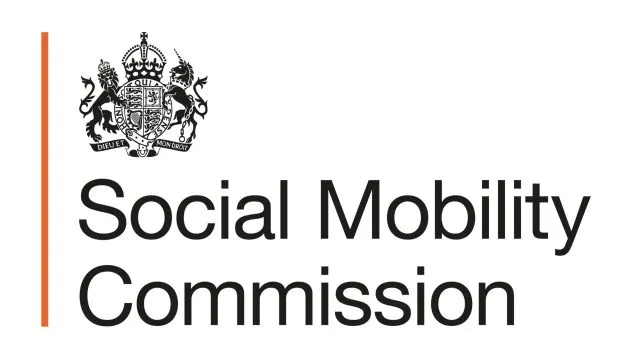Many people from disadvantaged backgrounds work in low paid jobs, with limited opportunities to improve their prospects or those of their children. Workplace training and adult education have long been seen as a route to higher wages and better opportunities, both in and outside of work. But is this really the case, and if so, for whom does it work?
This report presents the findings of research to investigate what forms of adult education and training can support adults to progress from low pay. It investigates the characteristics associated with pay progression and access to adult education and training and examines the relationship between the two. It then analyses the actual earnings returns of adult education at different levels and subjects. The report concludes by considering the implications of these findings for policy, practice and future research.
